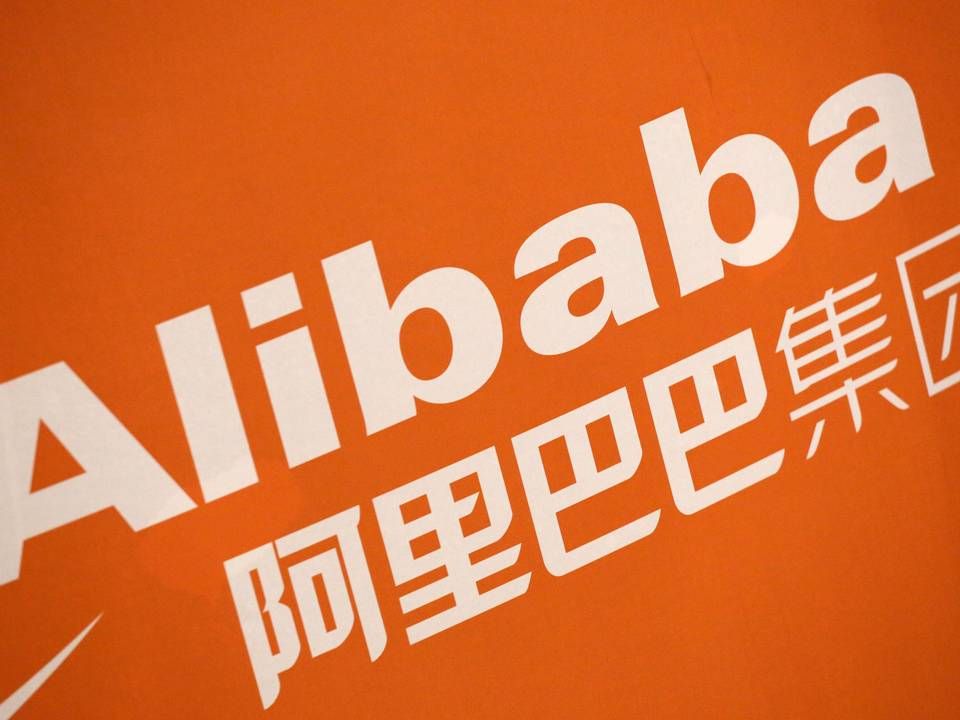Container carriers' search for digital solutions now underway

The container sector now seems to be acting on its stated intentions to become a more digital industry.
First out of the gate was Maersk Line, as the carrier announced that it has formed a cooperation with Chinese online retail giant Alibaba. This partnership was then expanded, and then competitors Zim, Cosco, and CMA CGM also joined the field by forming collaborations with Alibaba last week, similarly concerning container freight.
The latest news concerning the digitalization of the container sector, which has been gearing up for a long time to follow other sectors' use of digital solutions, is that Maersk Line, according to Lloyd's List, has made a deal with China's Yun Qu Na to develop a digital solution for container transport.
A plethora of pilot projects
Analyst and CEO Lars Jensen of Seaintelligence Consulting tells ShippingWatch that the new cooperations merely represent the first instances of a plethora of pilot projects the container carriers will embark on this year.
"The container carriers have realized that the digitalization is coming. But no one knows exactly which technological platform will become the new standard. As such, the approach is: Let's try to launch numerous pilot projects at the same time," says Jensen, adding:
"So when we hear that new cooperations are underway, they're not necessarily the ones that will become the preferred solutions going forward. Rather, we will see a vast plethora of pilot projects, and this may appear chaotic."
The pilot projects could feature established online platforms, such as for instance Alibaba or a smaller player such as Flexport. And then there are numerous smaller startups, which may not be looking for public coverage until they've been successful. There are companies in the US, Europe, and Asia currently working with the technologies the container carriers are looking for.
"Many new efforts will emerge in the first half of the year, and as such, we will likely see in the second half that many companies disappear again and shut down. This is part of the process of quite simply not knowing which technology will be used going forward," says Jensen, who points out that the providers of digital solutions and the container carriers are not the only parties influencing this development.
"All the shippers who need to ship goods can now go in and see which pilot projects actually work for them, and which they can help adapt to suit their needs."
Digital solutions on Asia-Europe
The digital solutions related to the recently announced cooperations aim to enable shippers to directly book slots for their goods on a container vessel operating on specific routes by using the online platforms.
The deal between CMA CGM and Alibaba, announced last week, will give shippers this opportunity on two of the major Asia-Europe strings, namely between Asia and the Mediterranean and Asia and the Adriatic Sea.
"For CMA CGM, it is one step ahead to create added value to its customers and to make the industry meet the digital world," wrote the carrier in a press release announcing the cooperation.
English Edit: Daniel Logan Berg-Munch
CMA CGM signs cooperation deal with Alibaba
Related articles
CMA CGM signs cooperation deal with Alibaba
For subscribers
Maersk picks "Mr. Digitalization" as new Chairman
For subscribers
Damco CEO: Time to invest again
For subscribers



















